Potatoes are one of the hardiest vegetables you can keep in your kitchen. They’re resilient, affordable, and when stored properly, they can last for several months. So buying them in bulk and having them on hand whenever you’re in the mood for some spuds is a no-brainer.
That is until you reach into your pantry to find your potatoes covered in strange white sprouts. It looks like something out of a horror movie: misshapen white growths poking out at random angles. And sometimes the sprouts are accompanied by unsightly shriveled skin. To say that sprouted potatoes look unappetizing is an understatement.
They may be ugly, sure, but are they still safe to eat? You may hear conflicting information about what to do with sprouted potatoes: some people toss them while others continue to use them. So if you’re dealing with a sprouted potato and don’t know what to do with it, we’re here to help. Here’s everything you need to know about why potatoes grow sprouts, whether or not you should cook with them, and how to prevent your spuds from sprouting in the future.
Why Do Potatoes Sprout?
Potatoes are typically harvested from the ground, but that doesn’t necessarily mean that they need dirt to grow. In fact, moisture and warmth are the only factors required for spuds to start sprouting. The ideal temperature for potato growth is actually lower than you’d think—think anywhere between 68-70°F. Farmer Jenny McNally revealed to The Irish Times that the indoor temperature of many homes is warm enough to trick potatoes into thinking that it’s spring.
The part of the potato we eat is the root, and its primary function is to facilitate the growth of the plant and flower. So over time and in warm, moist environments, the nutrients in the root will jumpstart the sprouting process. The root itself is edible, but the rest of the plant is actually poisonous.
Can You Eat Sprouted Potatoes?
The short answer is: it depends. The sprouts themselves are high in glycoalkaloids, a type of chemical compound that can be toxic to humans. Glycoalkaloids are also found in fresh potatoes, albeit in negligible amounts. The more the potatoes sprout, the more glycoalkaloids develop—in both the sprouts and the root itself.
High concentrations of these compounds lend an unpleasantly bitter flavor to your potato and can cause serious stomach problems. According to the National Capital Poison Center, consuming enough glycoalkaloids can lead to vomiting, abdominal pain, diarrhea, headaches, fever, and even death (in a few cases).
But a few small sprouts aren’t necessarily enough to send you to the emergency room. If your potato is just starting to sprout, and the root is still firm and wrinkle-free, you can simply cut off the sprouts and cook the potatoes as normal. But if the sprouts are over an inch long or the potatoes are shriveled, you’re better off tossing them entirely.
How Do I Stop My Potatoes From Sprouting?
The best way to prevent potatoes from sprouting is by employing proper storage techniques. Keeping your spuds in cool, dry spaces (like your pantry or closet) effectively slows the sprouting process and keeps your potatoes in good shape for longer.
Minimizing their exposure to sunlight is also key. If your potatoes came in a mesh or clear plastic bag, you should transfer them to a paper bag instead. Not only does the opaque material block the sun, but it also offers improved airflow and reduces moisture levels. This tip is especially important if you live in a humid climate.
You may already store some of your vegetables in your pantry or basement, but you don’t want them to be in close proximity to potatoes. Compounds found in alliums, like onions and garlic, are known to speed up potato sprouting if they’re stored near each other. So make sure to keep your stashes separate.


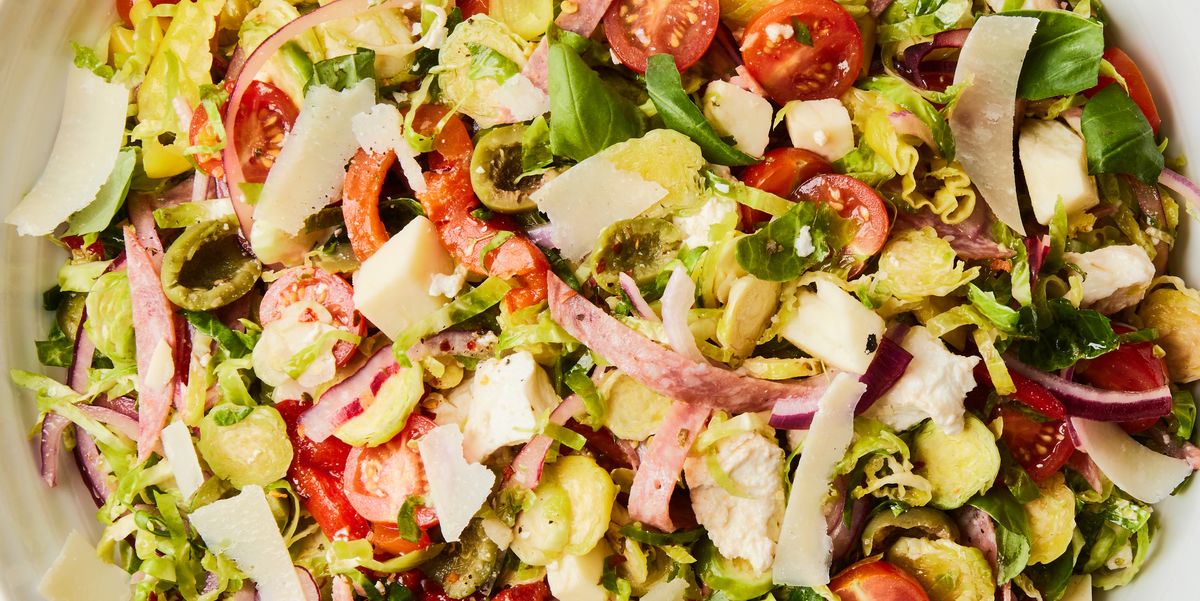
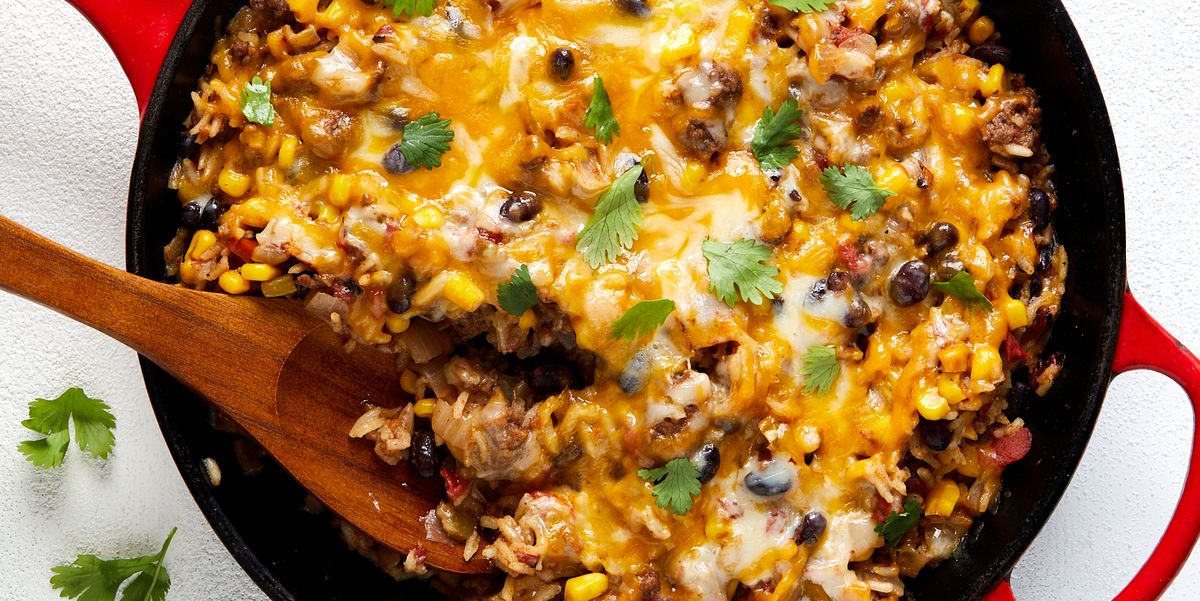
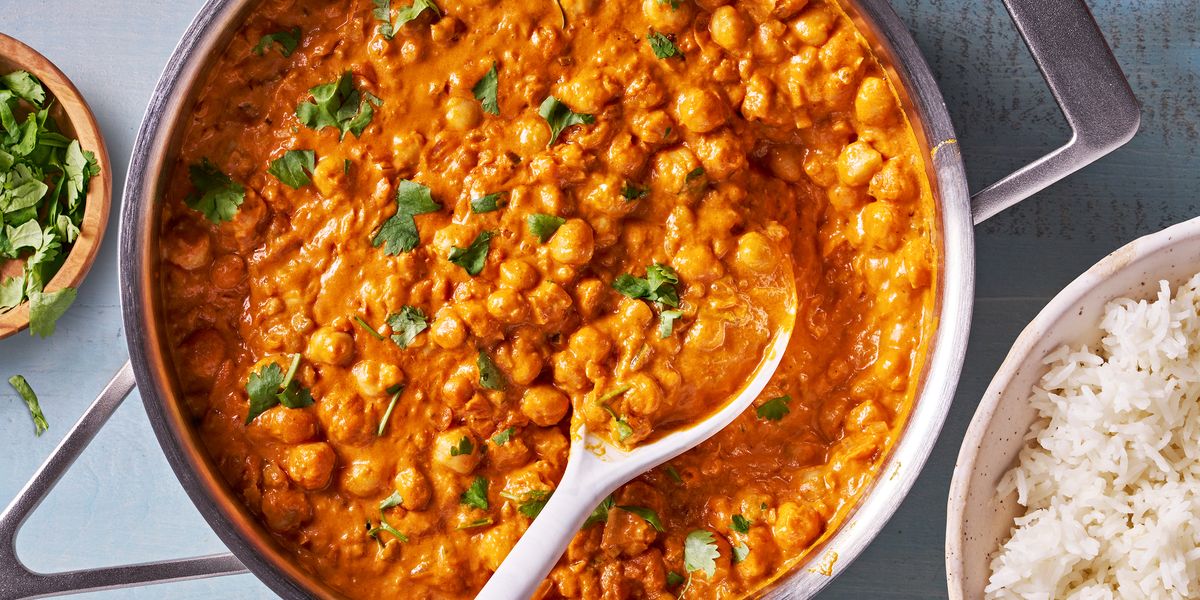
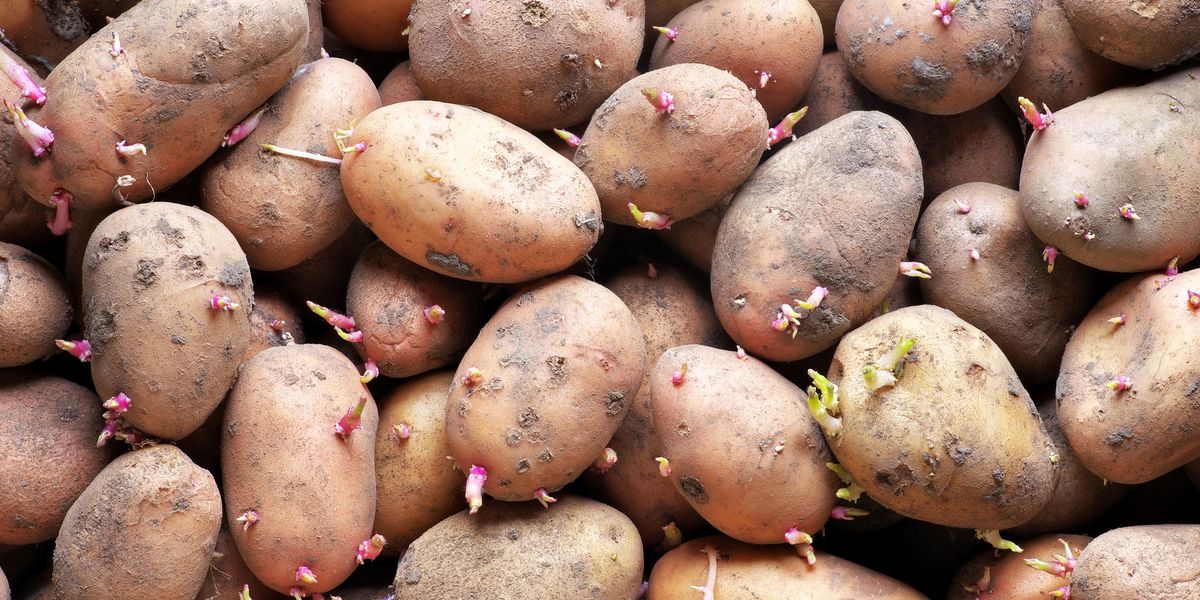
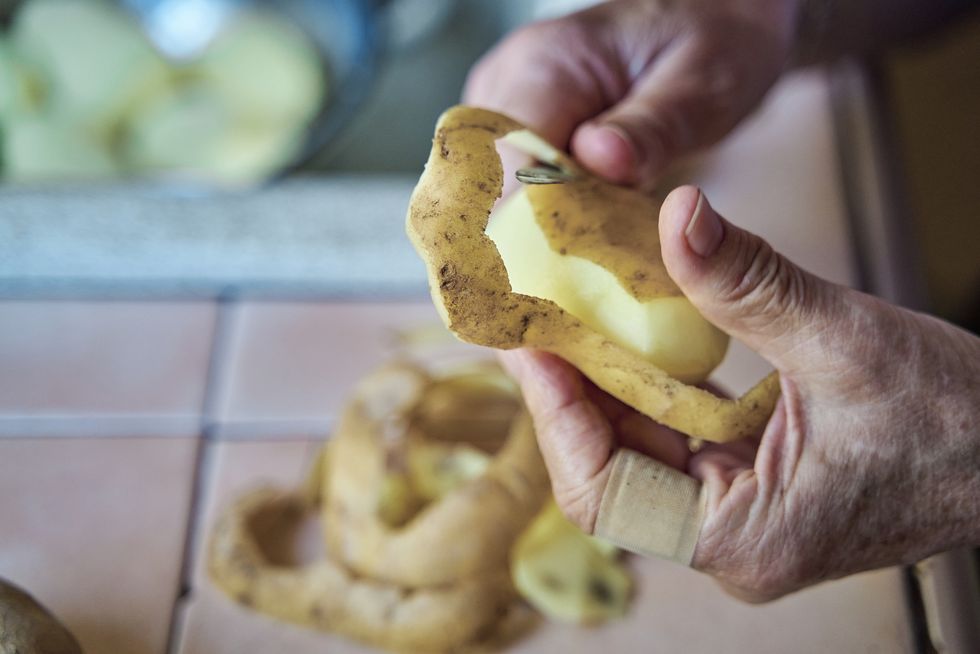
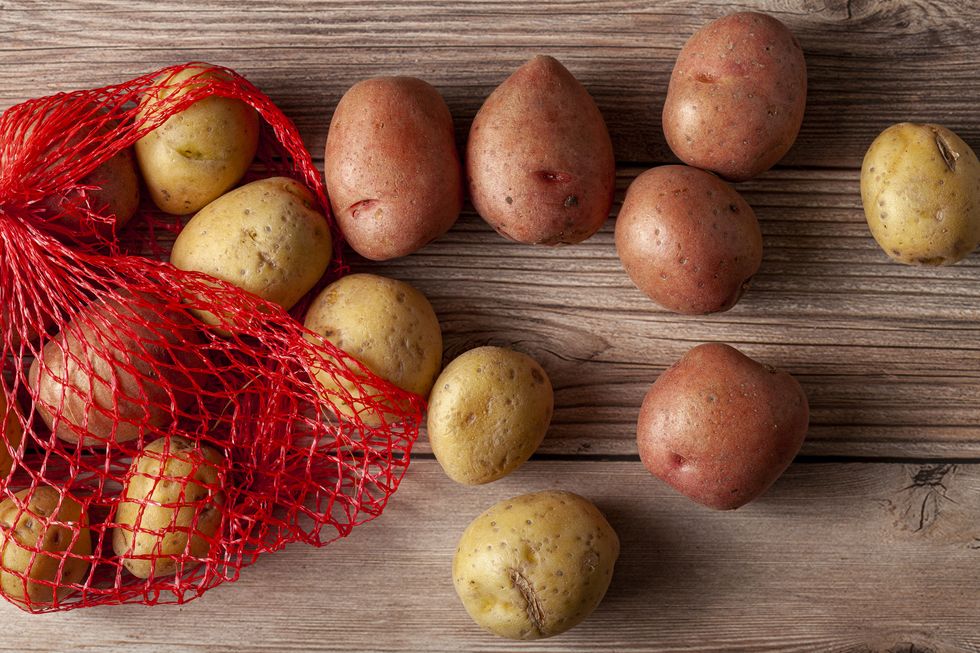




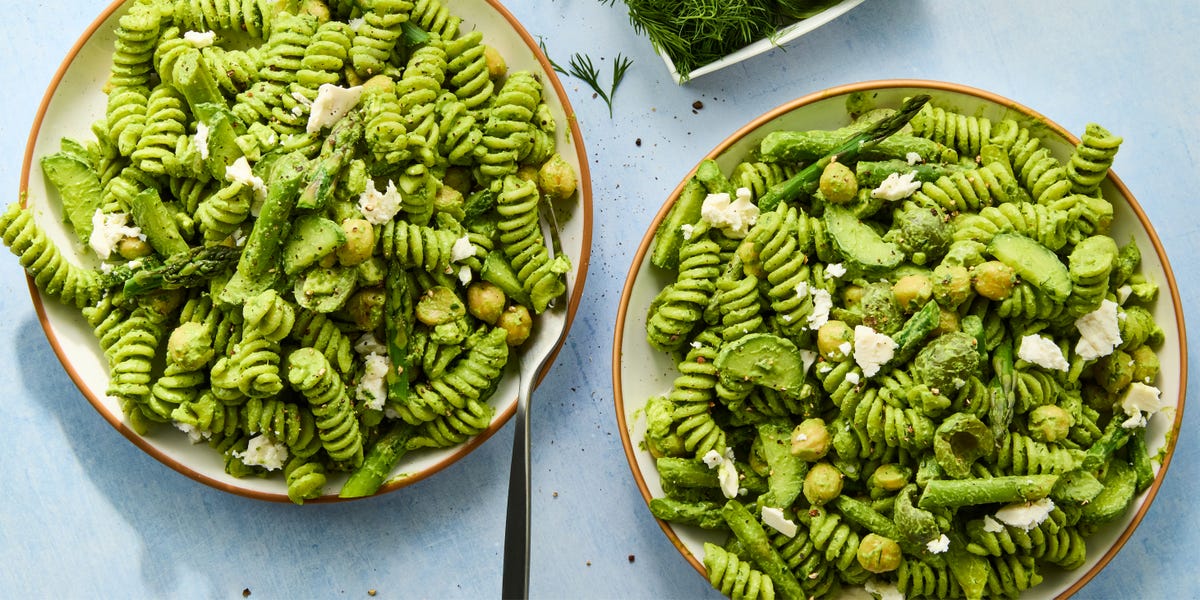


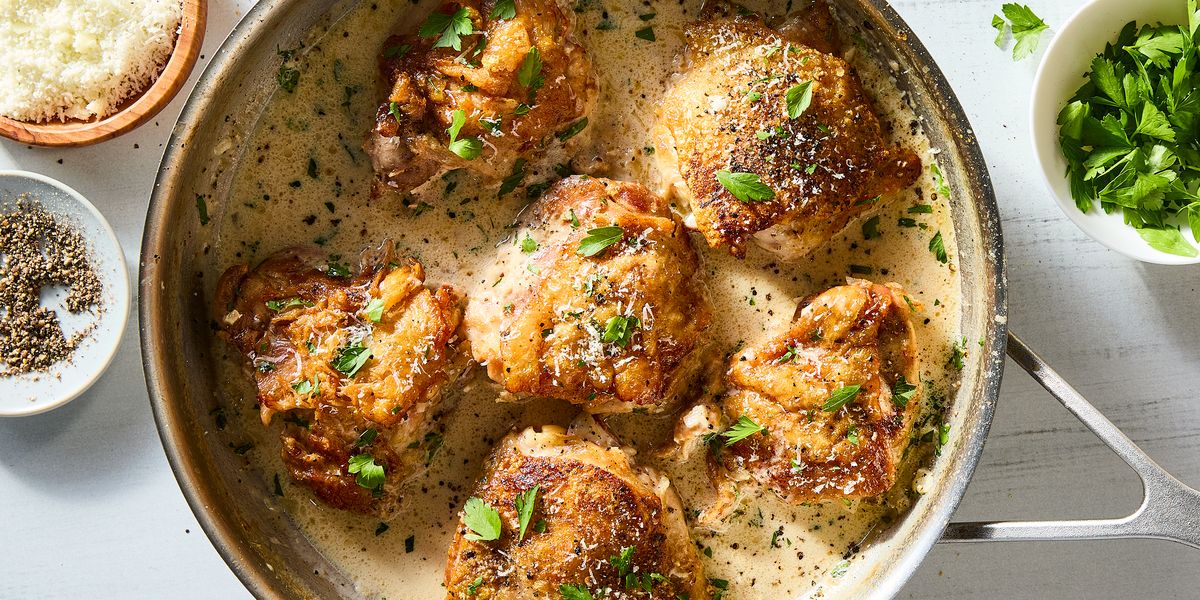

Leave a Reply